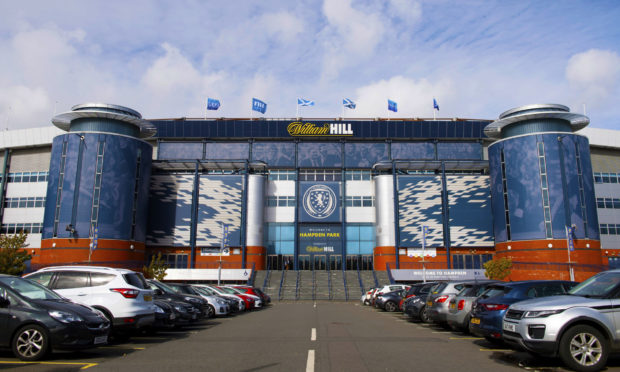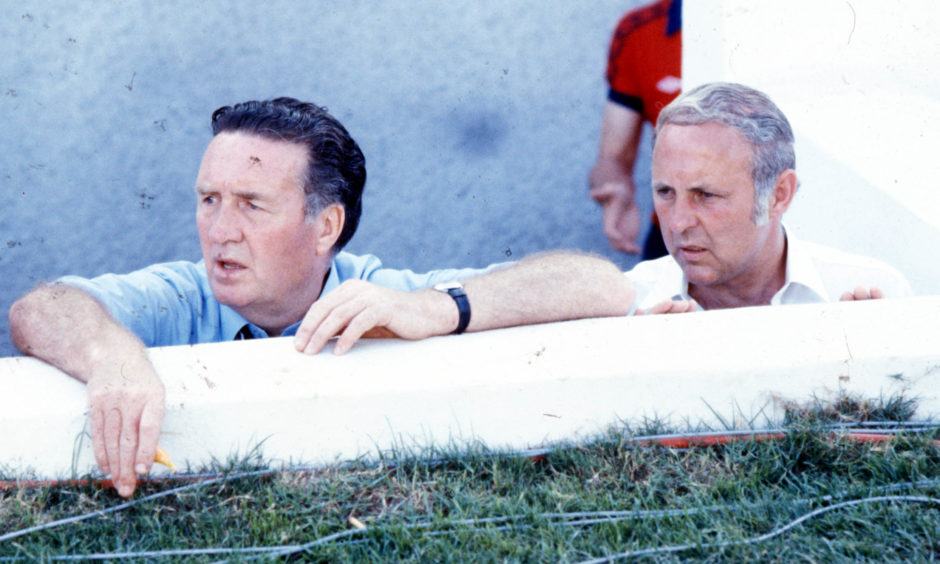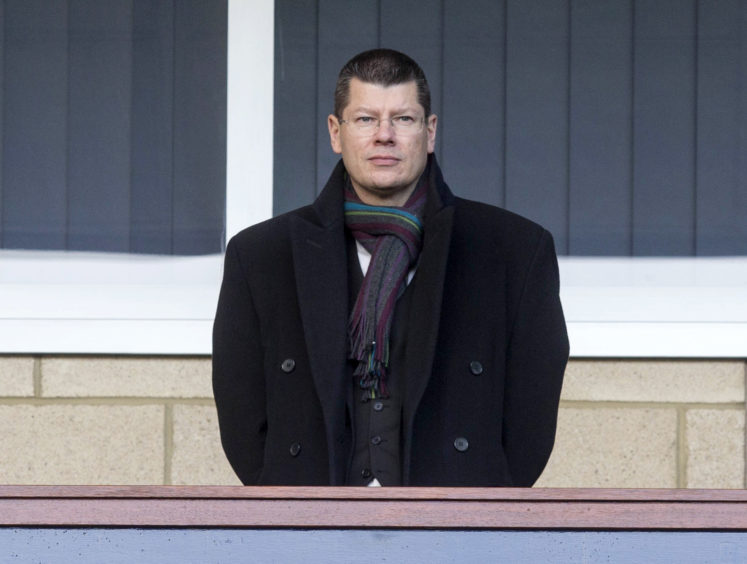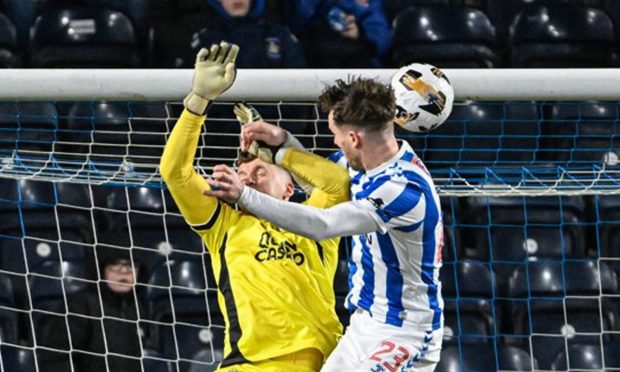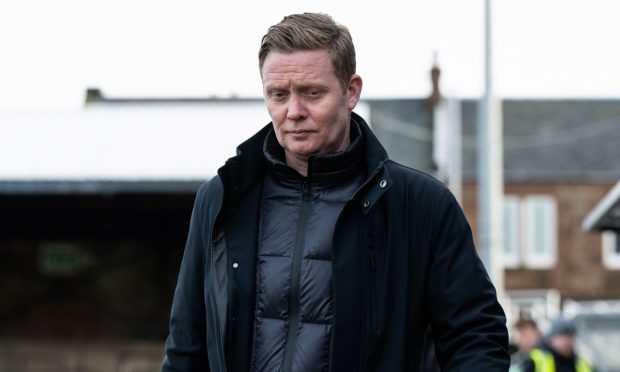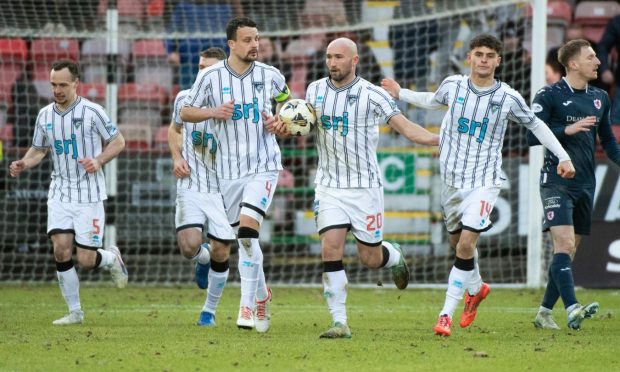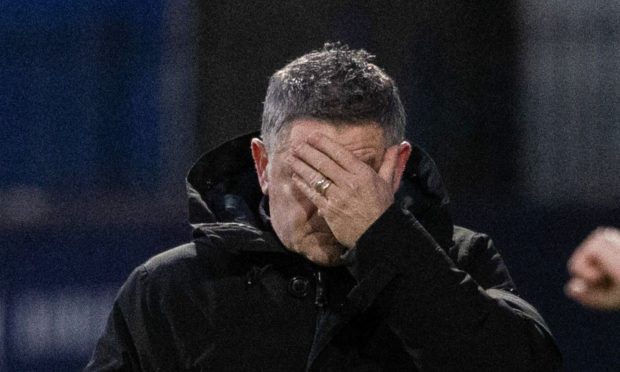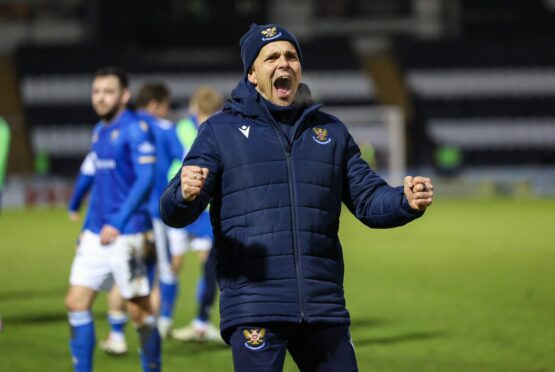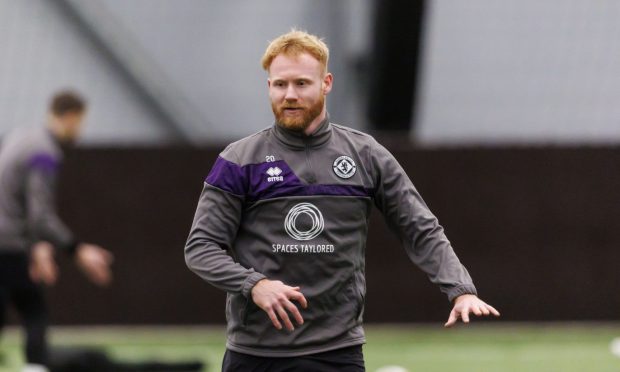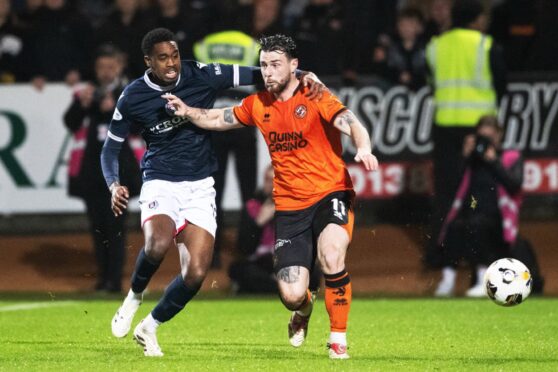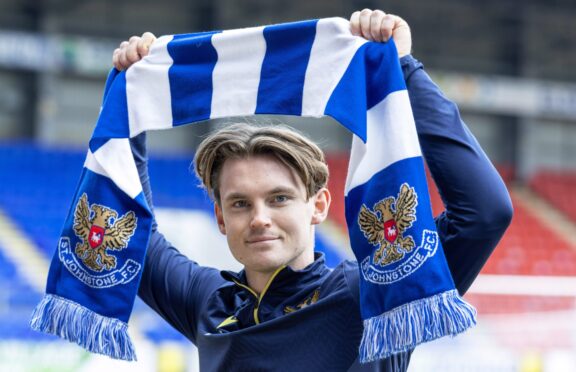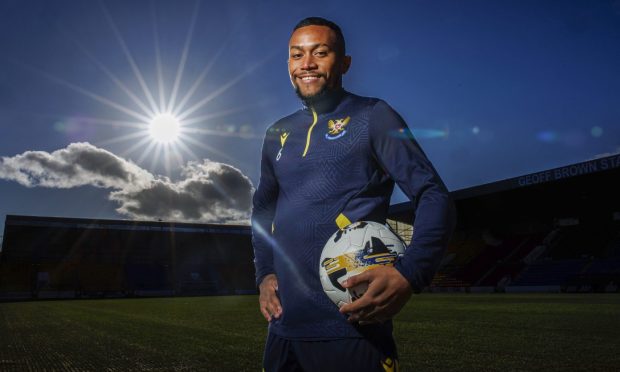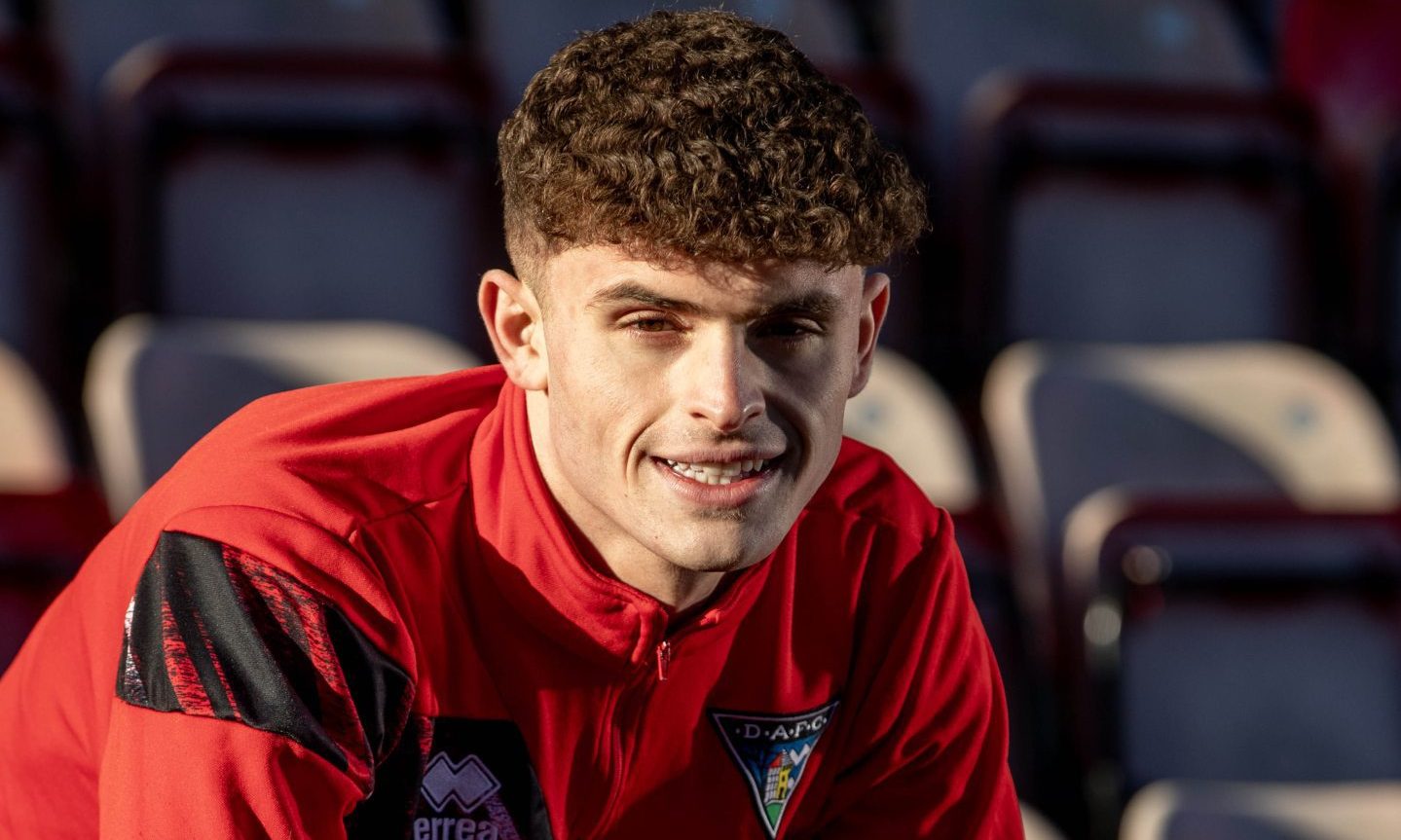Some of the greatest quotes ever uttered have been changed or shortened over the years.
One of the most famous sayings to come out of a Scottish football manager’s mouth is such an example.
The great Jock Stein it was who mused: “Football without fans is nothing.”
Except he didn’t.
What he actually said was: “Without fans who pay at the turnstile, football is nothing.”
Oh and the words definitely belonged to big Jock, despite a misguided attempt by Manchester United supporters to attribute the wisdom to Sir Matt Busby, Stein’s great friend and fellow footballing giant.
The fuller wording is important because the legendary Celtic and Scotland manager meant more than the abridged version suggests.
Stein was emphasising the absolute necessity of having people physically inside grounds watching from the sidelines.
He saw that as being as much a part of the sport as the players or the ball. They also should enjoy themselves when they do attend.
Indeed, his plea continued: “Sometimes we are inclined to forget that. The only chance of bringing them into stadiums is if they are entertained by what happens on the football field.”
Oh, what we would give for someone like Stein just now, to guide us all with his sage words.
We need great minds and courageous characters to deal with the greatest peacetime challenge Scottish football has faced.
The game here has been resilient in the past, of course, and made it through both world wars before flourishing with massive crowds and fantastic teams.
Football clubs are surely as integral a part of their society and community as any theatre or concert hall.
However, reading Stein’s quote and realising how right he is that football can’t function without fans is extremely sobering.
The coronavirus pandemic is hanging like the darkest and most menacing of clouds over our beloved game.
You can dismiss the crisis talk and claims of existential threat as a bargaining tool if you like. Some may think the blazers are overplaying their hand in a kind of Brexit talks kind of way in order to secure a substantial government bailout.
However, play this danger down at your peril.
Ask yourself just these five questions:
1) How will clubs be able to pay wages without income from gate money?
2) Without the option of the furlough scheme, which ends next month, will clubs have no option but to make staff and players redundant?
3) Without income from hospitality and even match-day sponsorship, where do clubs look to plug the holes in their budgets?
4) Supporters have enthusiastically backed their teams by buying season tickets but are they entitled to some kind of compensation if they can’t see their side other than through a computer screen?
5) If the leagues are put into hibernation, will contracts that were agreed with players at a time when the expectation was of at least some football with fans need to be honoured by clubs?
Also at the forefront of minds should be the Betfred Cup, which is due to kick off as soon as October 6.
However, with the mood music as it is regarding the pandemic restrictions, can that competition really start as scheduled, with players from fully-tested, full-time teams going up against part-time players with jobs outside football?
It has been said many times but you really wouldn’t want to be sitting in a club boardroom or walking the corridors of power at Hampden just now.
What is required is an acceptance and public acknowledgement at government level that football is as important to the well-being and culture of Scotland as any other sector of the entertainment business.
In July, the Scottish Government’s Culture Secretary Fiona Hyslop announced a £10 million fund to support the country’s performing arts venues. It was part of the larger £185 million Business Support Fund. The aim was to “help venues who cannot yet reopen to their audiences due to the ongoing impact of coronavirus.”
Does that not describe the likes of Glebe Park, East End Park and Gayfield?
Football clubs, particularly at the lower levels, are surely as integral a part of their society and community as any theatre or concert hall.
There should also be no finger-pointing between Holyrood and Westminster as to who should be dipping into their pockets. Waste no time with a blame game, involve the SPFL and SFA every step of the way and get a rescue package together within a week.
Maybe such bold action would ease the very real anxiety that is sweeping through our, still sadly empty, football grounds.
